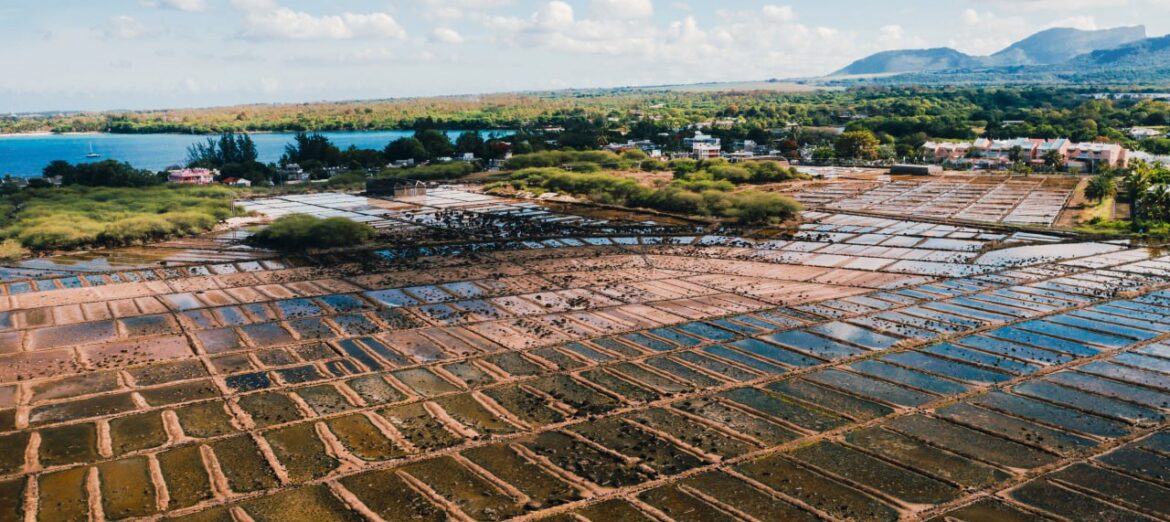
Sustainable Farm Design and Supply Chain Optimization for Smallholder Farmers
Bridging Sustainability and Efficiency
This project empowered smallholder farmers in the Maldives by integrating sustainable farm designs with optimized supply chains to overcome regional agricultural challenges. The initiative focused on improving water management, diversifying crops, incorporating renewable energy, and streamlining logistics to enhance both productivity and resilience.
With its unique climatic conditions and geographical constraints, the Maldives required innovative solutions to ensure long-term viability for its farmers. By addressing both production inefficiencies and distribution bottlenecks, the project created a more profitable and sustainable agricultural system.
Revolutionizing Farm Practices
- Water-Efficient Farming
Solar-powered desalination systems transformed seawater into irrigation water, supplemented by rainwater harvesting and drip irrigation, cutting water waste. - Diversified Crops for Resilient Farming
A strategic crop rotation system incorporating high-value and nitrogen-fixing plants improved soil fertility, increased yield stability, and expanded revenue streams for farmers. - Harnessing Renewable Energy
Solar energy solutions reduced operational costs and carbon emissions, ensuring farms could function independently of expensive fuel-based energy sources.
Strengthening Agricultural Supply Chains
- Tackling Logistics Challenges
A comprehensive supply chain analysis identified inefficiencies in transportation and storage that led to product losses and high costs. - Reducing Post-Harvest Waste
The introduction of cold storage facilities helped maintain produce freshness, cutting delivery delays and reducing spoilage. - Direct Market Access for Farmers
New distribution strategies streamlined farm-to-market routes, increasing product availability, improving quality, and enhancing farmers' profitability.
Lasting Impact on Farmers and Communities
- Sustainable Resource Management – Efficient water and energy usage reduced reliance on scarce resources and improved environmental resilience.
- Stronger Local Food Systems – Consumers benefited from fresher, more affordable produce, reinforcing food security and economic stability in the region.
This initiative demonstrated the power of integrating sustainable farming with supply chain optimization, setting a benchmark for agricultural innovation in island nations. By addressing both production and distribution challenges, the project created a scalable model for resilient and profitable farming in challenging environments.

